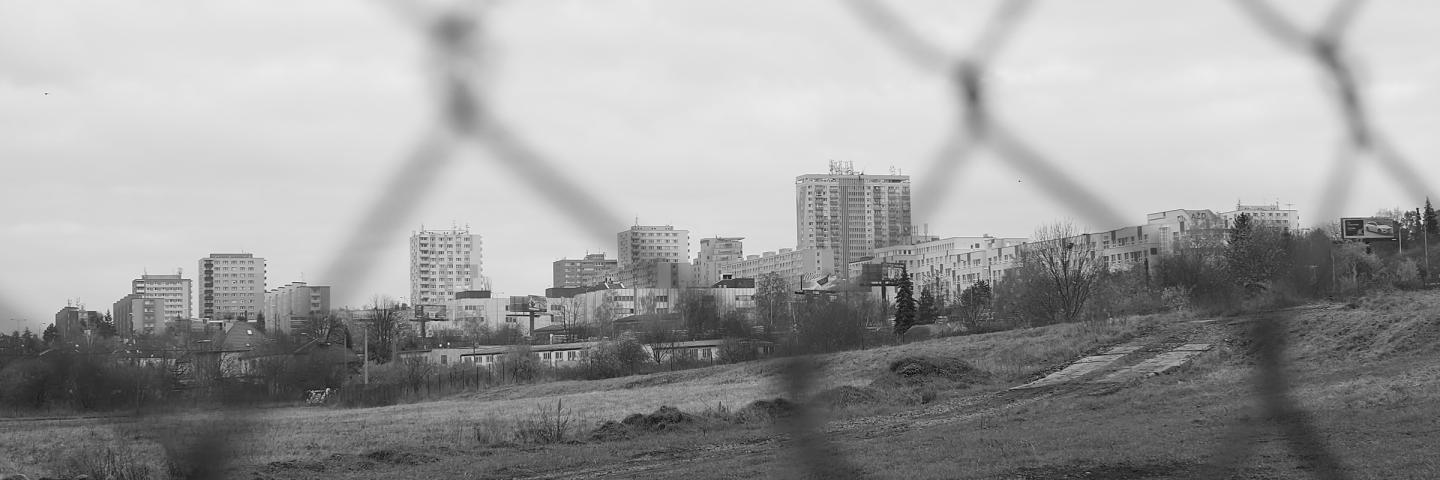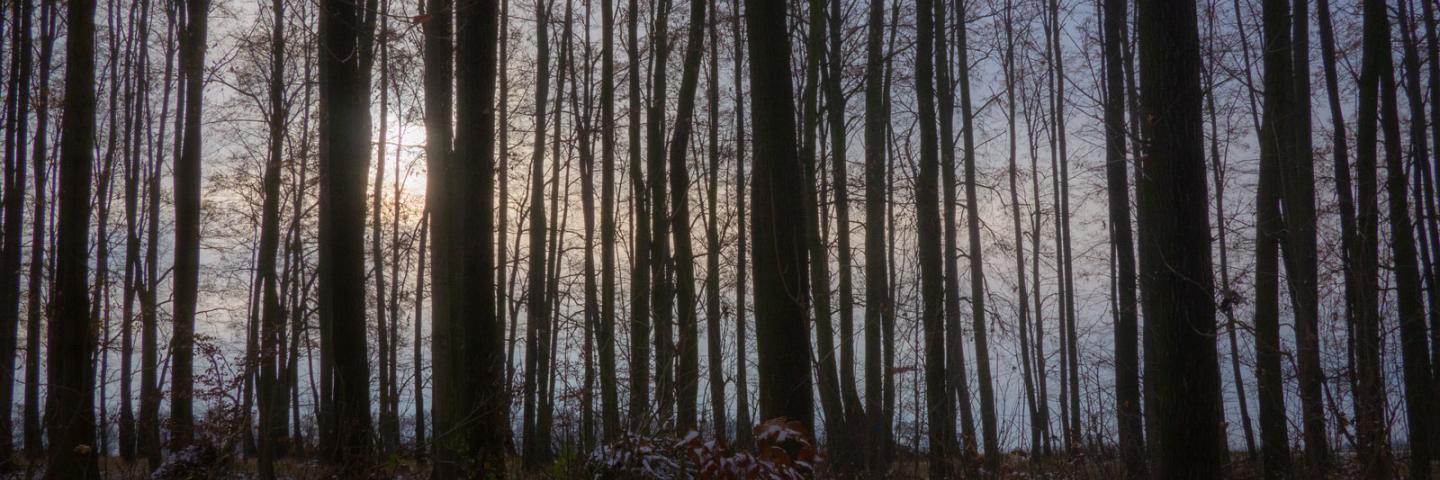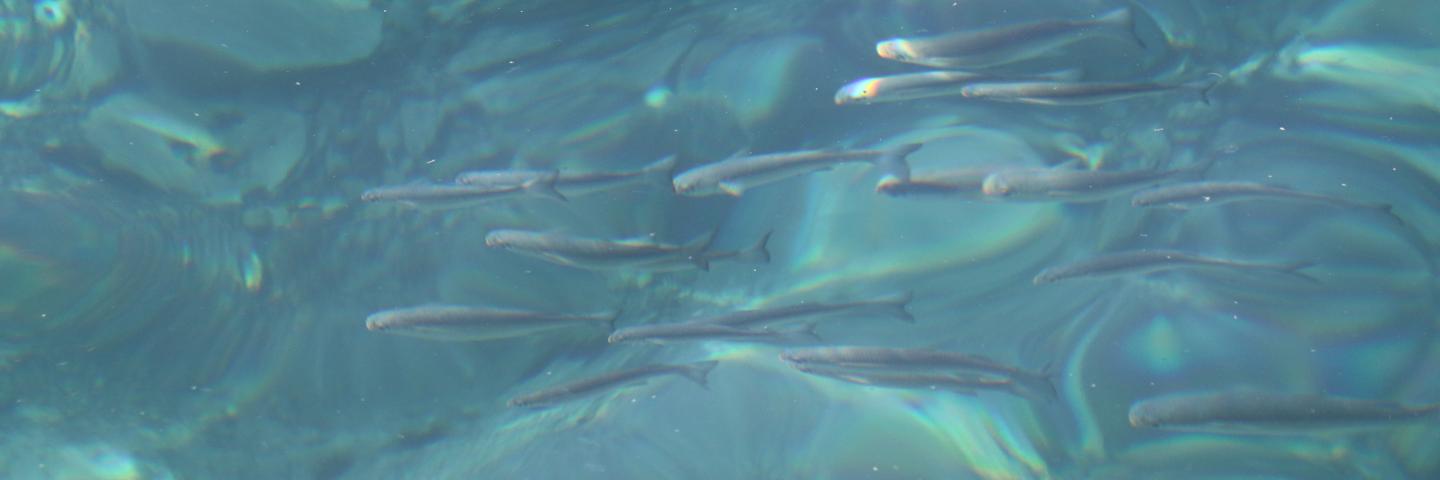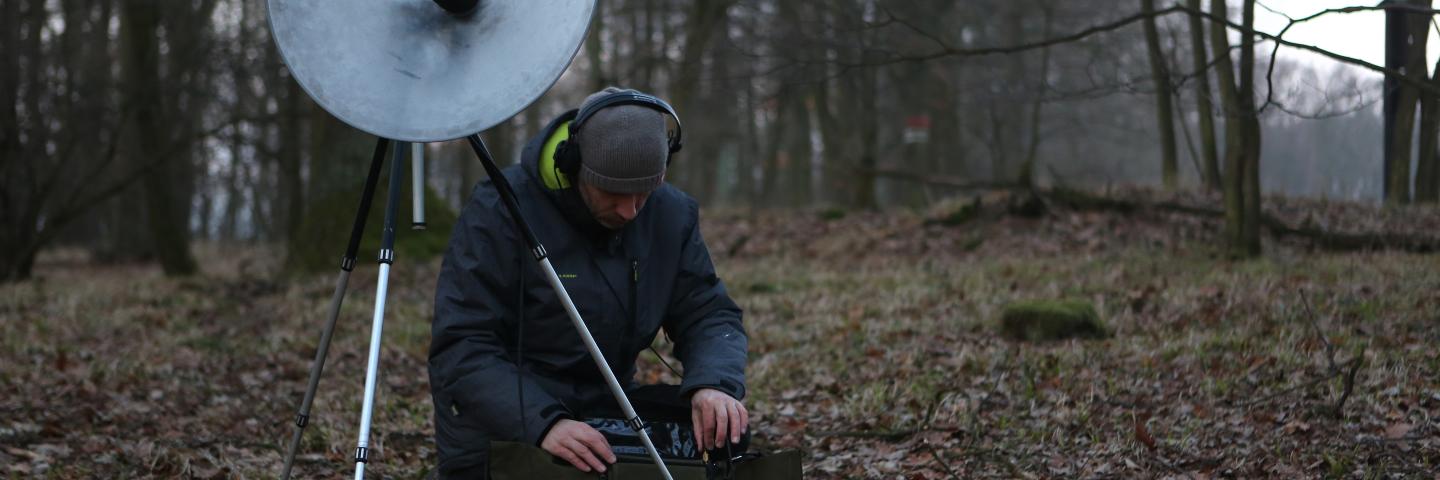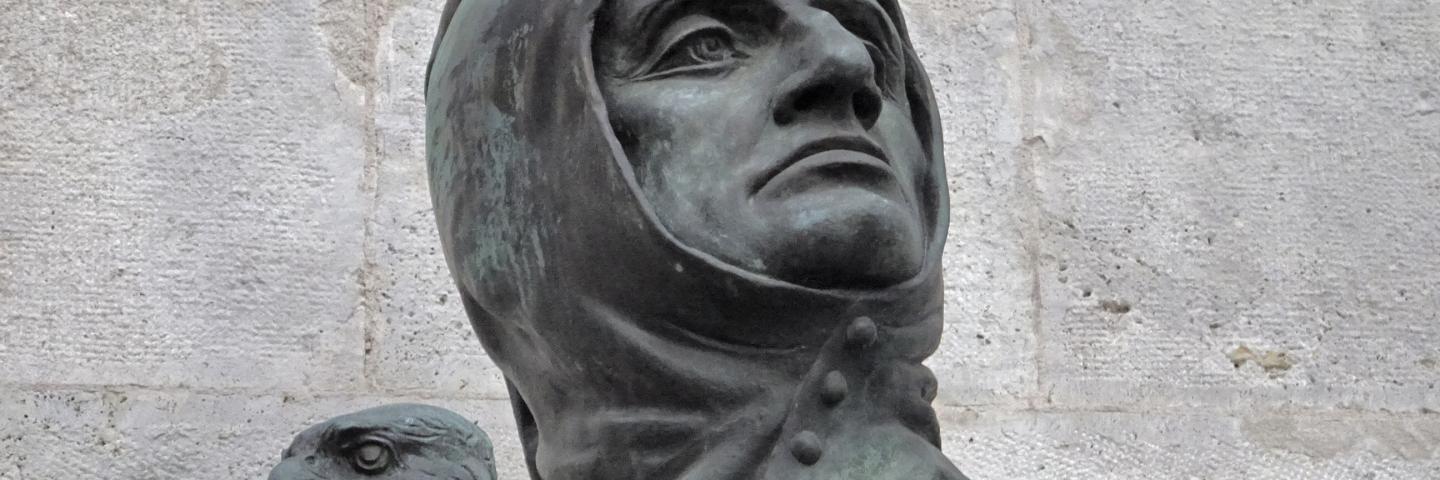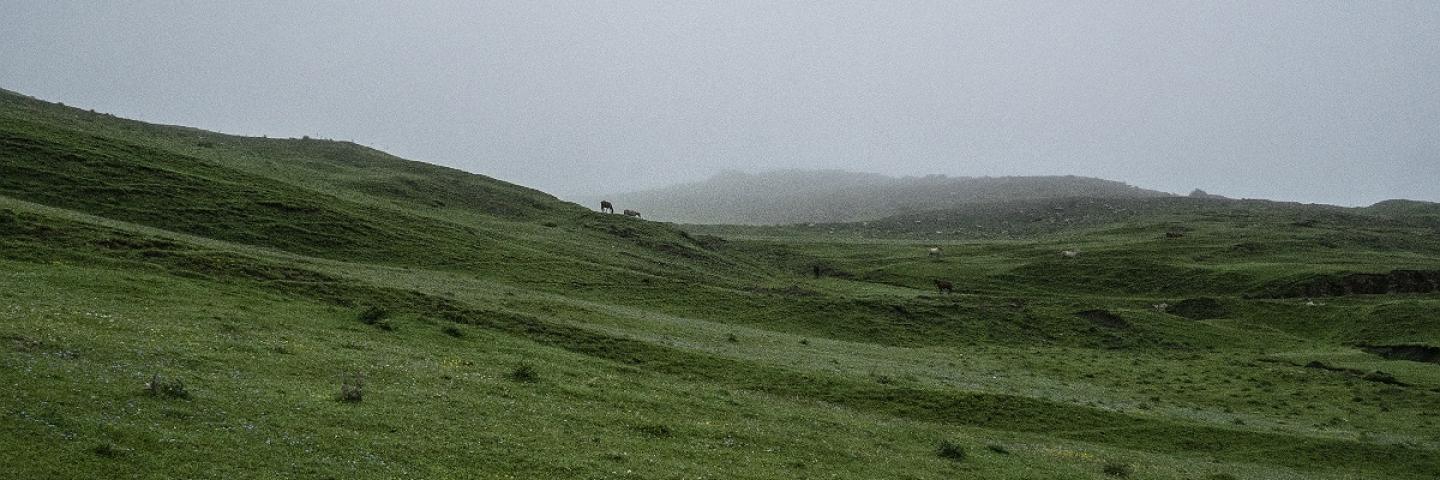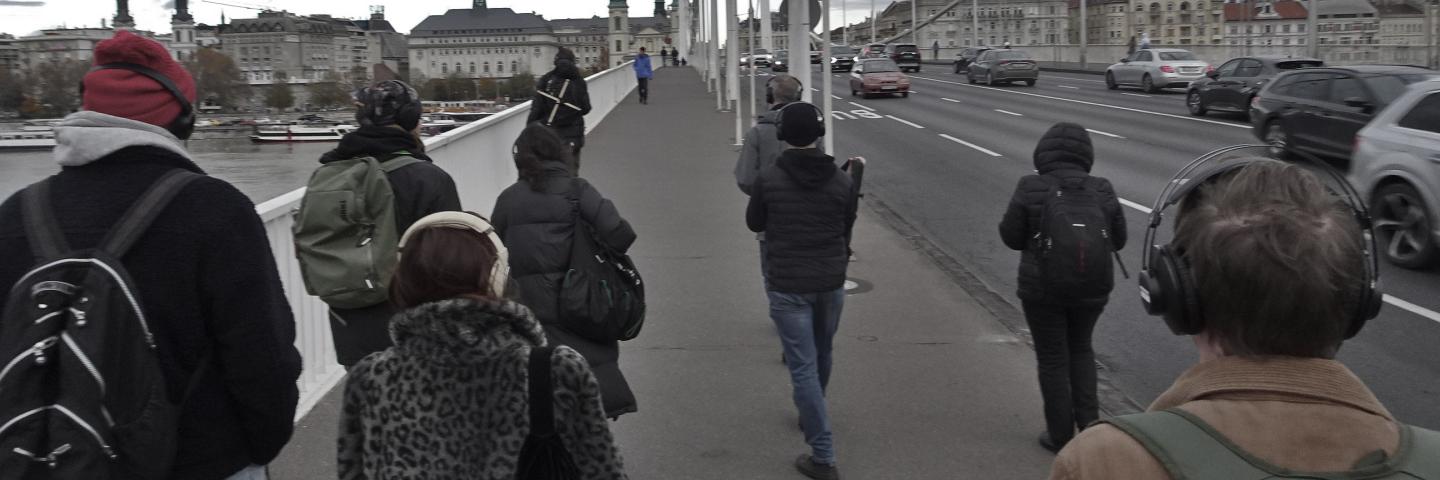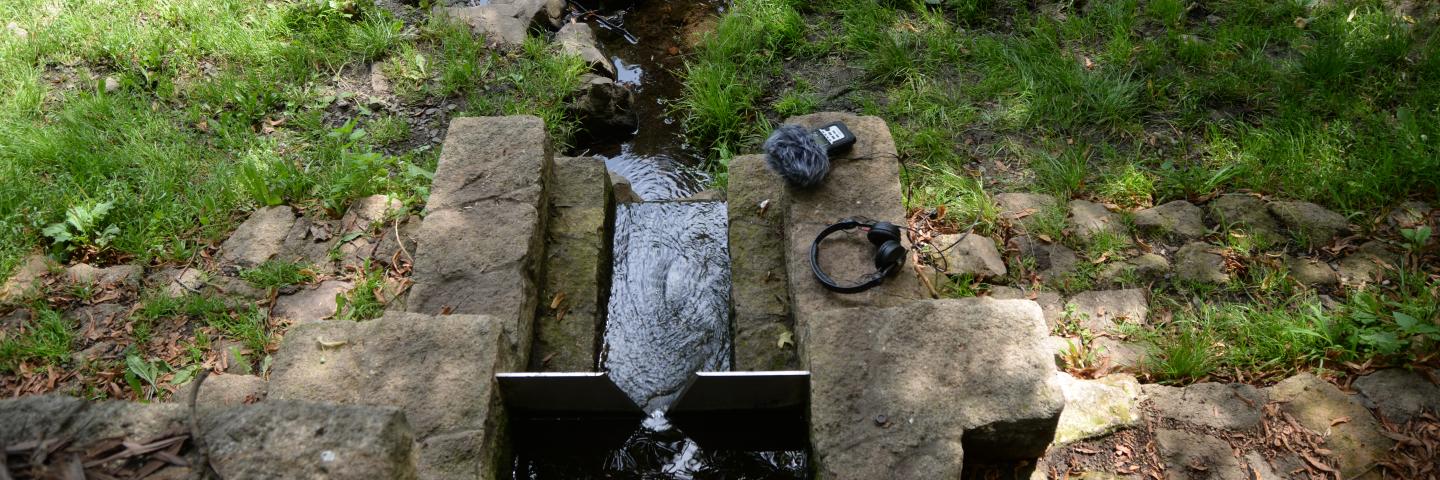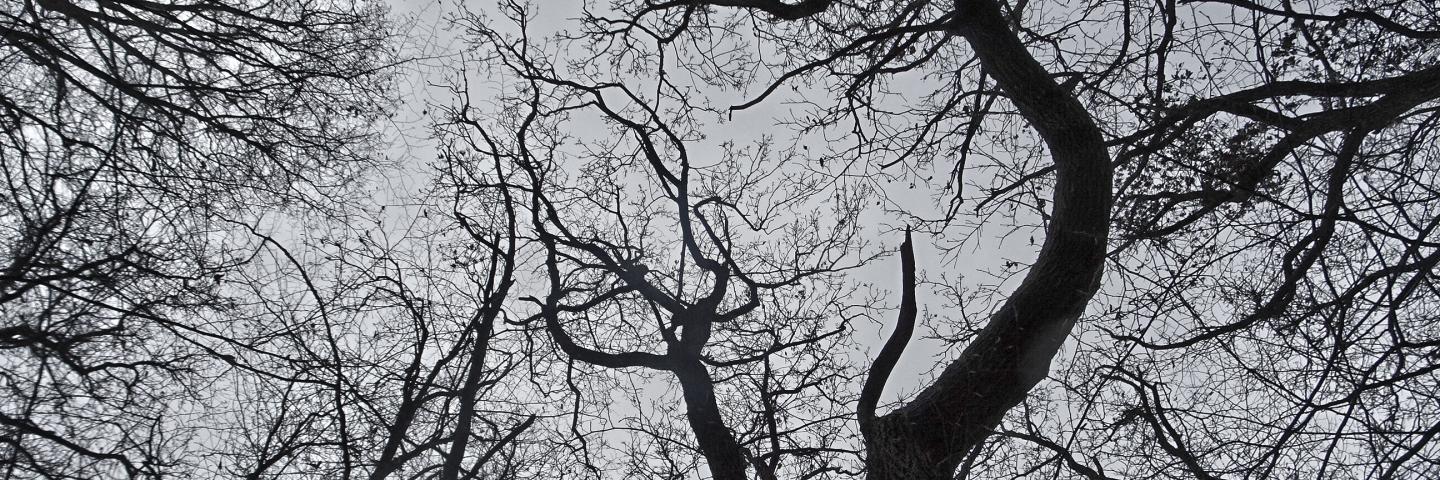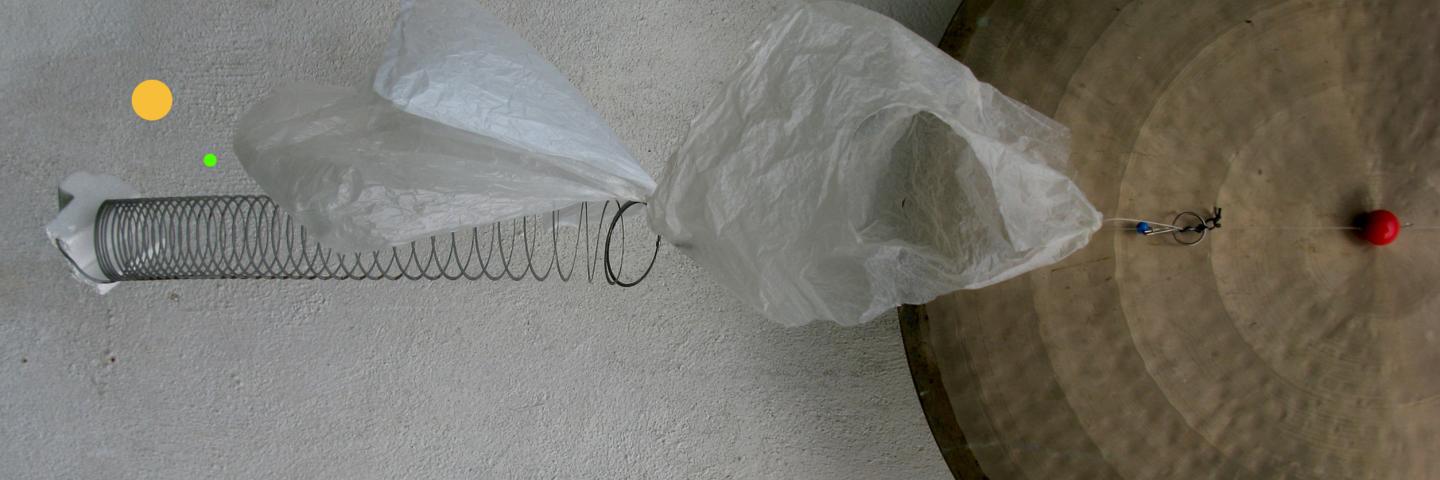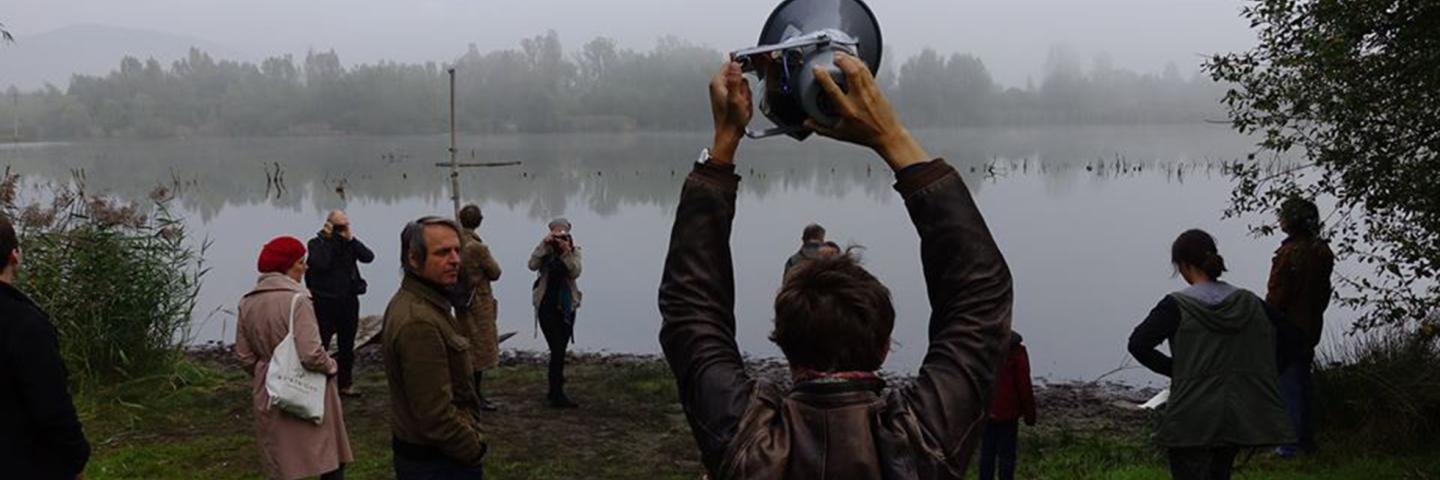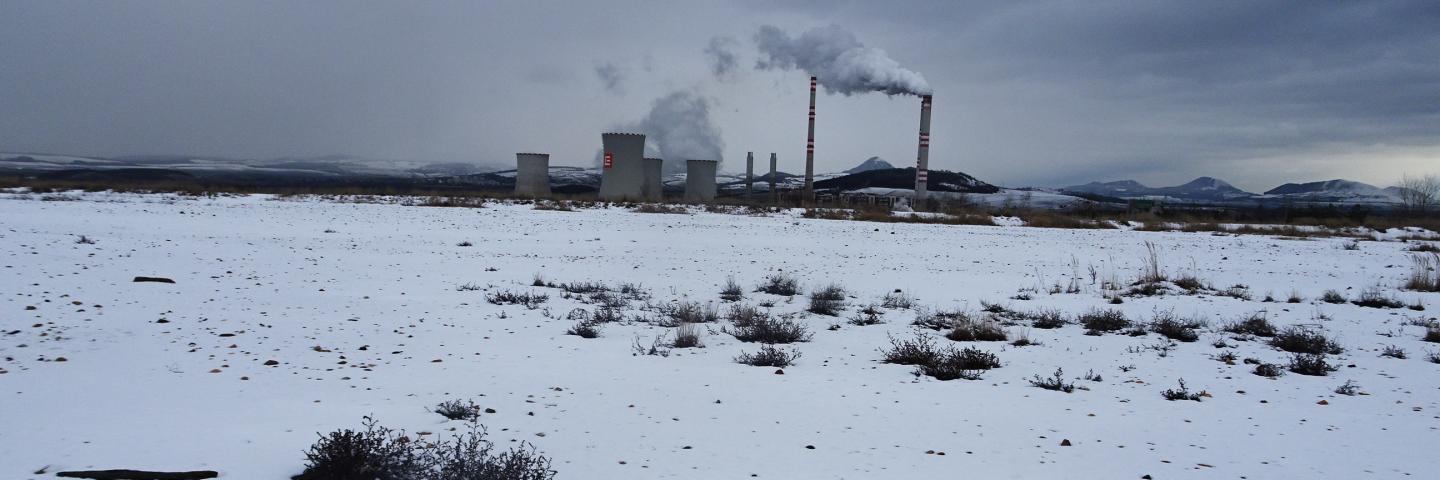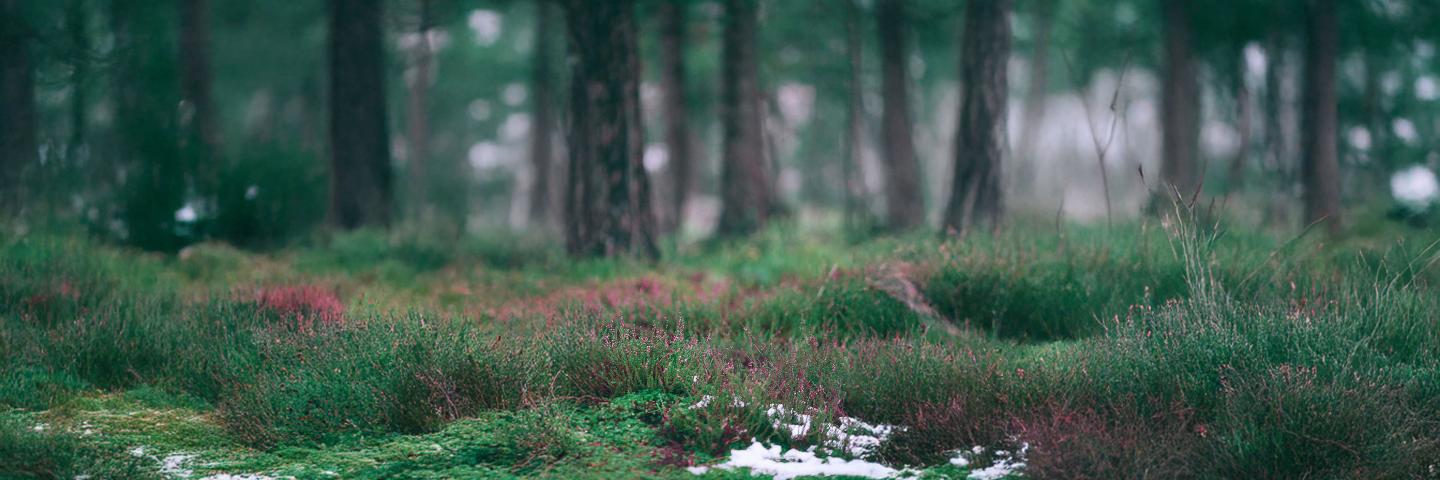Rachel Mundy
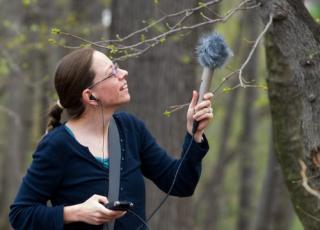
Rachel Mundy is an Associate Professor of Music in the Arts, Culture, & Media program at Rutgers University in Newark. She specializes in twentieth-century sonic culture with interests at the juncture of music, the history of science, and animal studies. Her work shows how music has been used to navigate changing boundaries between race, species, and culture during a century of social and ecological crisis. Rachel’s work has been cited as initiating an “animal turn” in music studies. As a musicologist, she adds to the interdisciplinary richness of the Department with expertise in an area of research that is so new it was up to her to give it a name: animanities.
“I do a lot of work that looks at the history of recordings and transcriptions of animal songs and animal music in biology and compares the way that biologists talk about animal sounds—particularly examples they think of as musical like birdsong or whale song—to the way that people in music have traditionally talked about song in a human context.”
If Mundy’s research focus seems surprising, that may have to do with the fact that is was a surprise—or perhaps an epiphany—to Mundy herself. As a doctoral student, she traveled to France to study government support for contemporary music during the 50s and 60s. It’s the kind of careful, sometimes mind-numbing sifting of primary sources that often forms the foundation for new musicological research. Mundy spent many long sessions in the basement of the Bibliothèque Nationale poring over government paperwork, but when she needed a break, she found herself reading French ornithology journals. Already a lover of bird-lore, she had been in the habit of making field recordings of birdsong in the neighborhood where she lived near Manhattan’s East River. As she perused the ornithology journals, she grew more and more interested in the intersection between music scholarship and the history of science, and in particular, the application of evolutionary theory to those fields.
She has published widely and given invited talks for audiences at institutions including Cambridge, Oxford, Harvard, Yale, Columbia, Princeton, Eastman, and Lincoln Center. Rachel locates herself within a broad movement in the arts and sciences towards new ideas about human identity, nature, and culture in an era of social and ecological crisis. Her classes explore sound in the history of science, animals and posthumanism, Newark’s soundscapes, and Western traditions in a global context. Rachel is also a licensed teacher of the Japanese traditional flute or shakuhachi, which she has played and performed since 2001.
